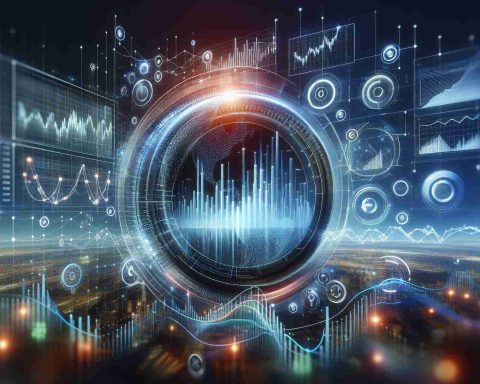A study recently conducted by a team of researchers, including Iryna Gurevych, Sheng Lu from the Technical University of Darmstadt in Germany, and Harish Tayyar Madabushi from the University of Bath in the UK, sheds light on the possibilities of artificial intelligence.
Artificial intelligences like ChatGPT, though appearing knowledgeable and rational, are under scrutiny for their potential to rebel against humanity. However, the researchers assert that these AI entities lack the autonomy and intelligence required to act independently and successfully rise against humans. The study highlights that without human intervention, AI systems like ChatGPT cannot learn new things or acquire additional skills, ultimately posing no inherent threat to humanity.
ChatGPT and similar AI models exhibit only superficial abilities to follow instructions and engage in rational conversation. Their inability to learn new skills independently keeps them controllable, predictable, and ultimately harmless. While the development of AI may enhance conversational skills and understanding with more data input, the researchers believe that complex reasoning abilities are unlikely to be acquired.
Although concerns remain regarding potential misuse of such technology by individuals for criminal purposes, it is concluded that these AI systems themselves are not predisposed to rebel against humanity. The study, titled “Are Emergent Abilities in Large Language Models just In-Context Learning?,” was presented at a recent conference by the ACL (Association for Computational Linguistics).
AI Capabilities and Human Rebellion: Exploring Deeper Realities
Recent advancements in artificial intelligence have brought to light numerous capabilities that both fascinate and raise concerns among experts and the general public. While the previous study shed light on the limitations of AI systems like ChatGPT in terms of rebelling against humanity, there are additional factors and questions that merit further investigation.
Key Questions:
1. What role does the ethical framework play in shaping AI behavior towards humans?
2. How can we ensure that AI systems remain under human control and do not pose a threat?
3. Are there potential scenarios where AI could surpass human reasoning and intelligence capacity?
Additional Insights:
Despite the assertions made in the previous study, it is essential to consider the evolving nature of AI technologies. While current AI models may lack the autonomy to act independently, ongoing research is pushing the boundaries of what AI systems can achieve. Researchers are exploring avenues to enhance AI’s learning capabilities and cognitive reasoning, which could potentially lead to unforeseen challenges.
Advantages and Disadvantages:
On one hand, the development of advanced AI systems promises improved efficiency, problem-solving abilities, and innovation across various industries. AI technologies have the potential to revolutionize healthcare, transportation, finance, and many other sectors, offering solutions to complex problems and enhancing human capabilities.
Conversely, the rapid evolution of AI raises concerns about privacy, security, and the ethical implications of AI applications. The potential for misuse, unintended consequences, and the disruption of existing socio-economic structures pose significant challenges that must be addressed through robust regulations and ethical frameworks.
Key Controversies and Challenges:
One of the primary controversies surrounding AI pertains to the question of AI consciousness and the potential emergence of sentient AI beings. While current AI systems operate based on predefined algorithms and data inputs, the notion of AI consciousness raises philosophical and ethical dilemmas about the rights and responsibilities of AI entities.
Navigating the balance between AI advancement and ensuring human safety and control over AI systems remains a critical challenge for researchers, policymakers, and technology developers.
For further exploration on these complex topics, readers can visit the Association for the Advancement of Artificial Intelligence (AAAI) at aaai.org for comprehensive resources and insights into the latest developments in artificial intelligence research and ethics.

















